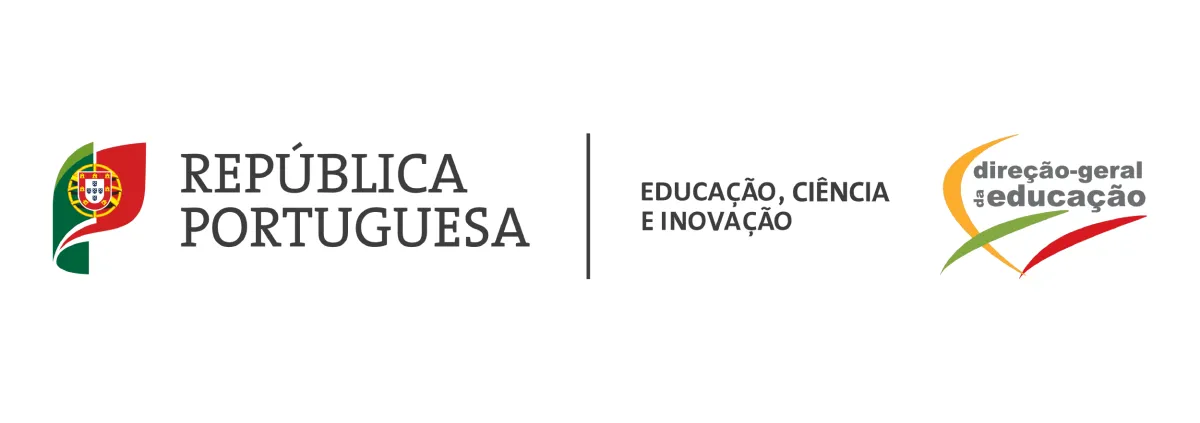The Working Group Schools Learning for Sustainability (led by the European Commission and composed of 40+ members including representatives of education ministries from EU and partner countries, social partners, NGOs and international bodies) met from 16-18 October in Lisbon for a Peer Learning Activity hosted by the Portuguese Ministry of Education Science and Innovation.
The event focused on the theme of 'Learning for Sustainability and Citizenship Education' and brought together 29 participants from various European Ministries of Education, NGO representatives, social partners, and international organizations such as UNESCO to discuss the strong connection between sustainability and citizenship education in the Portuguese school system.
The Portuguese curriculum includes 'Citizenship and Development' as a compulsory curricular component, with an emphasis on a whole-school approach that fosters cooperation between the school and the community. This enables students to not only understand critical issues, but also participate in democratic processes and gain practical experiences through school life and activities in the local community and wider society.
Citizenship and Development is taught throughout compulsory education and with a strong focus on school/class projects. The Ministry of Education Science and Innovation supports the schools with guidelines, in-service teacher training, and launching challenges/invitations for specific projects.
In the framework of the long-standing cooperation between the Ministries of Education and the Environment, the Portuguese Environment Agency APA in partnership with the Ministry of Education Science and Innovation have created a teacher network that coordinates and supports environmental education projects in schools, providing training and project advice, facilitating interdisciplinary approaches, and strengthening links between the school, the community, and the environment.
Students’ participation in projects under Citizenship and Development is recorded on the student certificate which can serve as an additional skills documentation for employers. Another outstanding feature of the Portuguese school system is its network of 'Live Science Clubs at School', which aims to develop scientific and technological literacy in formal and non-formal learning environments through interdisciplinarity, practical work, and community involvement.
During the meeting, participants discussed the importance of project work in fostering various competences, the need for strategies and structures to ensure long-term teacher commitment – especially in the face of teacher shortages –, the benefits of intergenerational learning, and the role of the school community in supporting projects. The participants also emphasized the need to adapt to the needs of schools in underserved (rural) areas.
To see the links between citizenship and sustainability education in practice the Working Group visited the Secondary School Seomara da Costa Primo, headquarter of the Amadora Oeste School Cluster - located in a territory with a high number of children and young people at risk of social vulnerability.
Functioning also as a centre for adult learning in the evening, the school implements a pro-active and inclusive approach by offering a diverse range of projects for its students (including extra-curricular STEM workshops, health topics, active citizenship). Several projects are Erasmus+ funded.
The group also visited the Lisbon Oceanarium / Oceano Azul Foundation which implements, together with the Ministry of Education Science and Innovation, the Ocean Project – Educating a Blue Generation. This national project teaches Portuguese students (lower primary education) about the ocean through practical and hands-on teaching activities, encouraging interactive fieldwork and an understanding of sustainability and the need for ocean conservation.
The GreenComp sustainability competence framework has been used in the development of the project (you can join the GreenComp Community if you want to learn more about its various implementations).


Ulrike PISIOTIS Deirdre HODSON Conor GALVIN Daniella Tilbury
Thank you for sharing such an inspiring overview of the event in Lisbon. The integration of citizenship and sustainability in the Portuguese curriculum, along with the whole-school approach and community involvement, is truly impressive. That demonstrates how interdisciplinary learning can engage pupils in real-world issues and foster their development as active citizens. It's encouraging to see how well the GreenComp framework is being implemented in practice!
Really impressive event; so well organised and run... came away with lots to think about. Loved especially the "Ocean Project – Educating a Blue Generation" visit!
Am also impressed by what is happening here. Would have loved to be with you in Lisbon.
Please log in or sign up to comment.